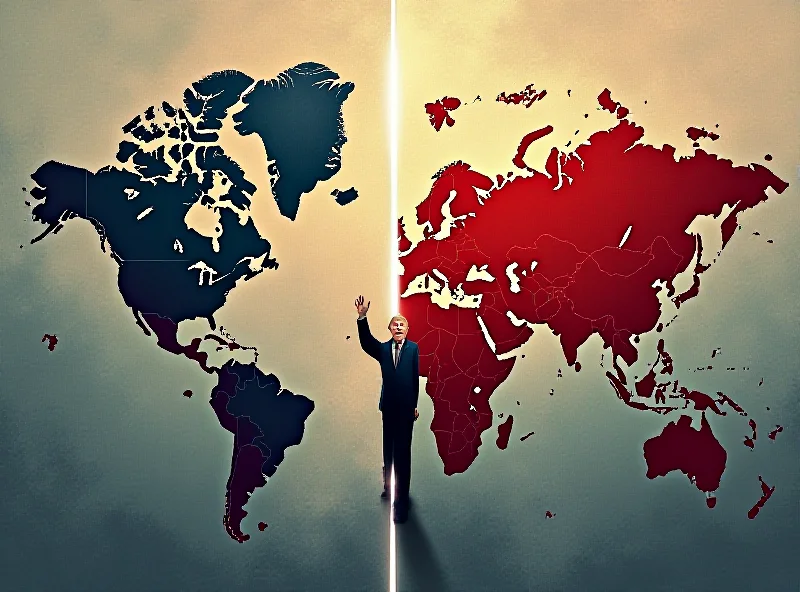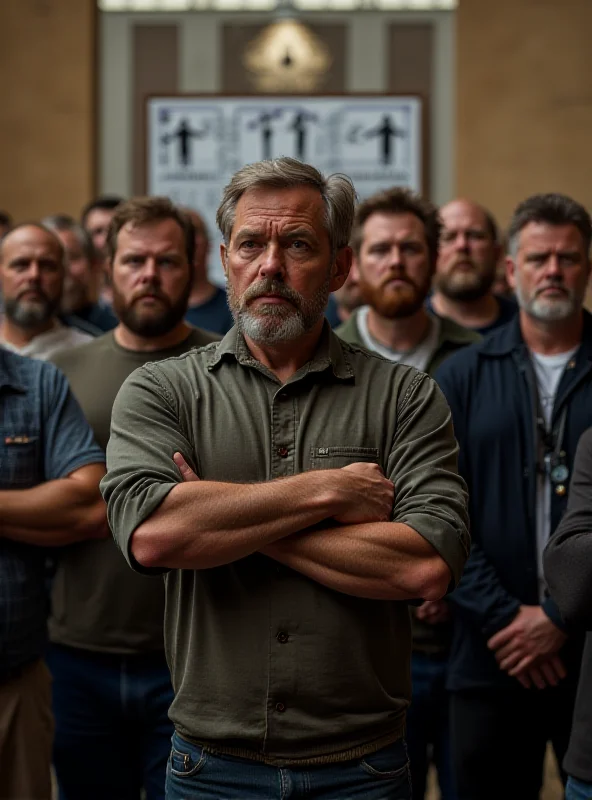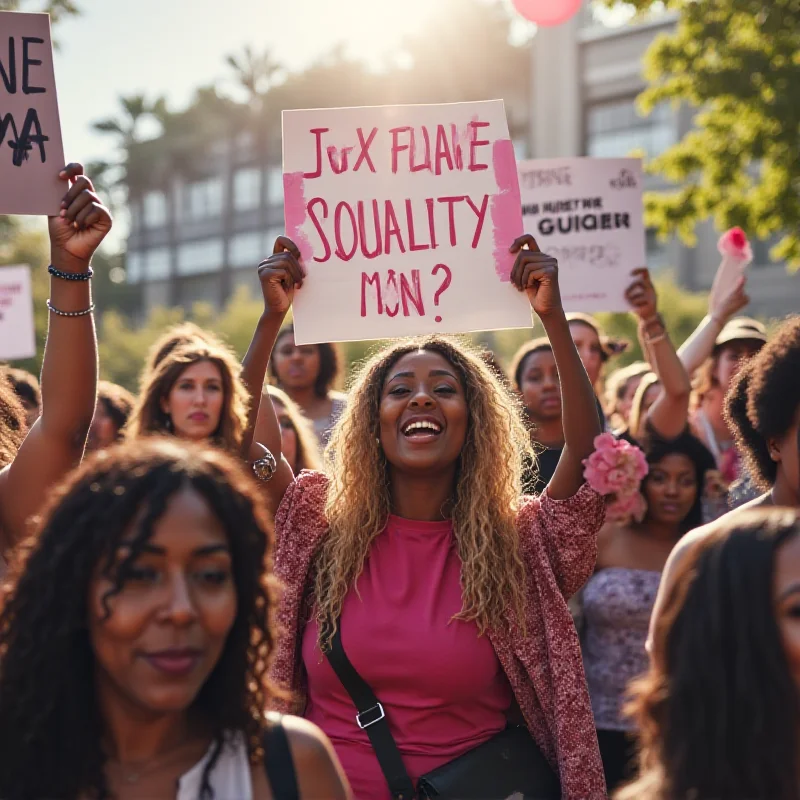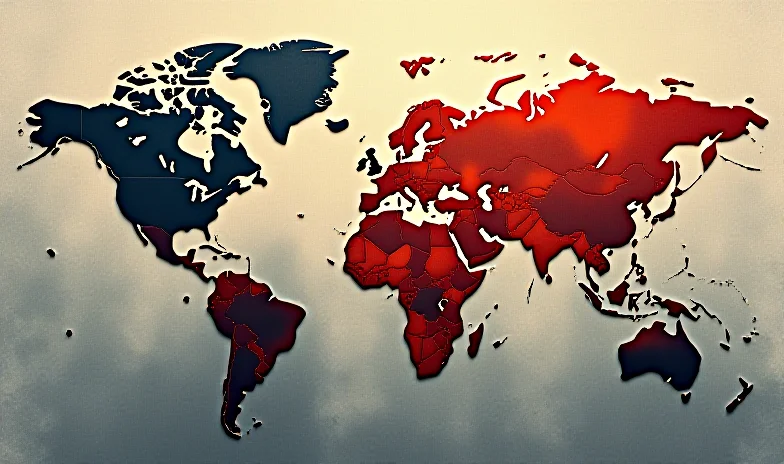The political landscape has become increasingly complex, marked by shifts in alliances and evolving social dynamics. One notable trend is the apparent convergence of Trumpist discourse with Putinist rhetoric, a phenomenon that raises questions about the future of international relations and the "international liberal order." Simultaneously, the fight against misogyny gains renewed urgency in the wake of recent political events.

Trumpism and the Shifting Global Order
Alain Frachon, an editorialist at Le Monde, notes that Trumpist discourse is flowing into Putinist rhetoric, becoming embedded in a broader diplomatic attitude that aims to free itself from the "values" of the "international liberal order." This shift suggests a potential pivot in American foreign policy, with implications for global alliances and international norms. The long-term effects of this realignment remain to be seen, but it undeniably signals a departure from established diplomatic practices.
Adding another layer of complexity, former President Donald Trump has been pursuing an agreement to secure preferential access to Ukraine's raw materials. However, according to Politico, estimates of Ukraine's mineral wealth are based on outdated Soviet-era surveys, potentially leading to an overestimation of the benefits for the USA. This situation highlights the challenges of international negotiations and the importance of accurate information.
The Urgent Fight Against Misogyny
Amidst these geopolitical shifts, the fight against misogyny has taken on renewed urgency. Researcher and activist Jackson Katz, who has dedicated 40 years to addressing violence against women, argues that recent political events, particularly the US election and the re-election of Donald Trump, have intensified the need for men to take responsibility in combating systemic misogyny.

Katz emphasizes that perpetrators of misogyny are not isolated individuals but rather products of a broader system. "If it takes a village to raise a child, it also takes a village to raise a rapist," Katz says. "Perpetrators aren’t individual monsters; they are people reflecting a system. We need to address that system." He advocates for treating violence against women as a men's issue, encouraging men to speak up against misogynistic behavior within their peer groups.
Collective Accountability and the Path Forward
Katz believes that lasting change requires collective accountability, with men holding themselves responsible for their behavior and actively challenging misogyny. He works across the US in universities, schools, and the military to promote this message. His work has become more urgent following Trump's re-election. The feminist backlash from the US election underscores the importance of this work.

The convergence of Trumpist discourse, the complexities of international negotiations, and the ongoing fight against misogyny paint a picture of a world in flux. Addressing these challenges requires a nuanced understanding of the underlying systems and a commitment to collective accountability.
